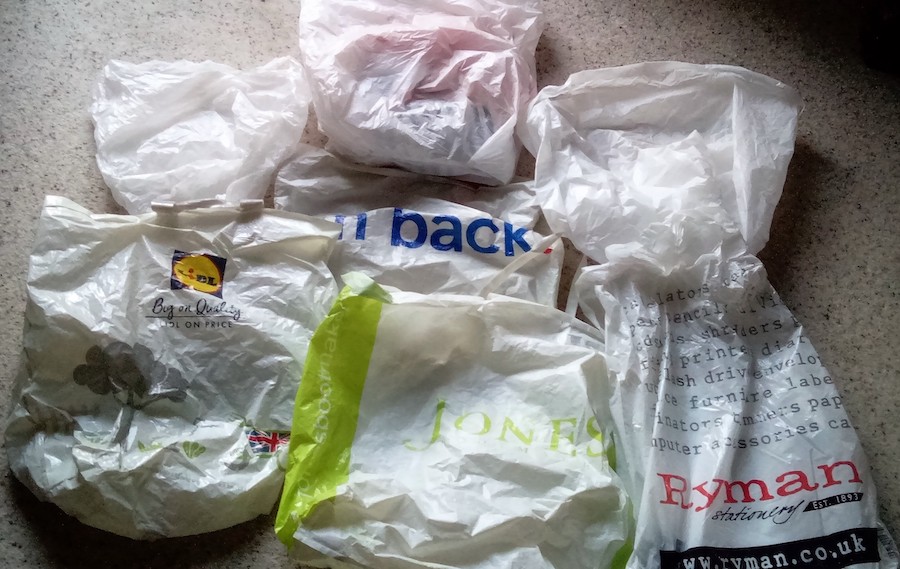
Let’s wipe out plastic wet wipes from our beaches
With many packing their cases ready to go away this summer holidaymakers have been warned about a growing environment problem and a risk to public health.
Although there are some biodegradable wet wipes there are still millions of wet wipes containing plastic that are flushed down toilets and end up spilling from overflow pipes that discharge sewage on to beaches and into the sea.
“The danger is that many of the wet wipes do not disintegrate when flushed,” said Midlands environment expert Ron Fox.
“Even worse these wet wipes and other sewage-related plastic items, such as non-biodegradable cotton bud sticks and sanitary products, are acting as concentrated reservoirs of faecal bacteria, including E.coli and intestinal enterococci, which pose a risk to children playing on the beaches and who might pick up these items.
“Also, these plastics can break down into microplastics which have been found in marine life, blocking their digestion, reducing their food intake and harming their reproduction.”
Scientists at the University of Stirling collected items from ten Scottish beaches and tested them for bacteria.
They expected to collect a few wet wipes but were shocked to come back with bags of them. The team also discovered high rates of resistance to antibiotics from bacteria on the wipes and cotton bud sticks.
According to a survey in 2020 by the Marine Conservation Society about 11 billion single-use wet wipes are used each year in the UK and were the third most common type of litter found on beaches.
An estimated seven million wet wipes and 4 million sanitary products are flushed down the toilets every day in the UK.
During the Society’s Great British Beach Clean in September 2021 nearly 6,000 wet wipes were recorded by volunteers across the UK, equivalent to an average of 12.5 wet wipes for every 100 metres of beach surveyed.
“One shocking statistic,” said Ron, of Noreus Ltd at Keele University, Staffordshire, “is that so many wet wipes have become lodged in the River Thames they have changed the shape of the riverbed in some places with one mound growing to 1.4 metres in height over five years and covering an area the size of two tennis courts.
“It is time to wipe out wet wipes containing plastic from our beaches as a matter of urgency,” said Ron. “The government said it was considering options but little has happened 12 months later.
“However, the good news is that Boots has promised to stop selling all wet wipes containing plastic. I only hope other stores follow their example.”
Ron concluded: “We know that single-use plastic policies work, the numbers of single-use plastic bags have more than halved since charges were introduced. So, let’s beach this litter as well.”
For more information on improving the environment, call Ron on 01782 756995.
Caption: Choose your wet wipes carefully as many containing plastic are non-biodegradable and end up on our beaches and in the sea.




